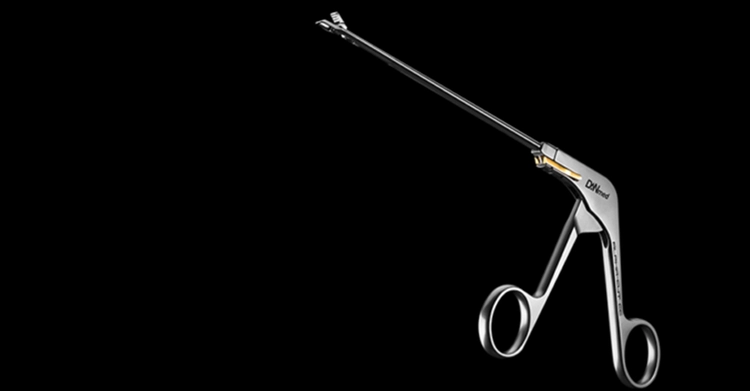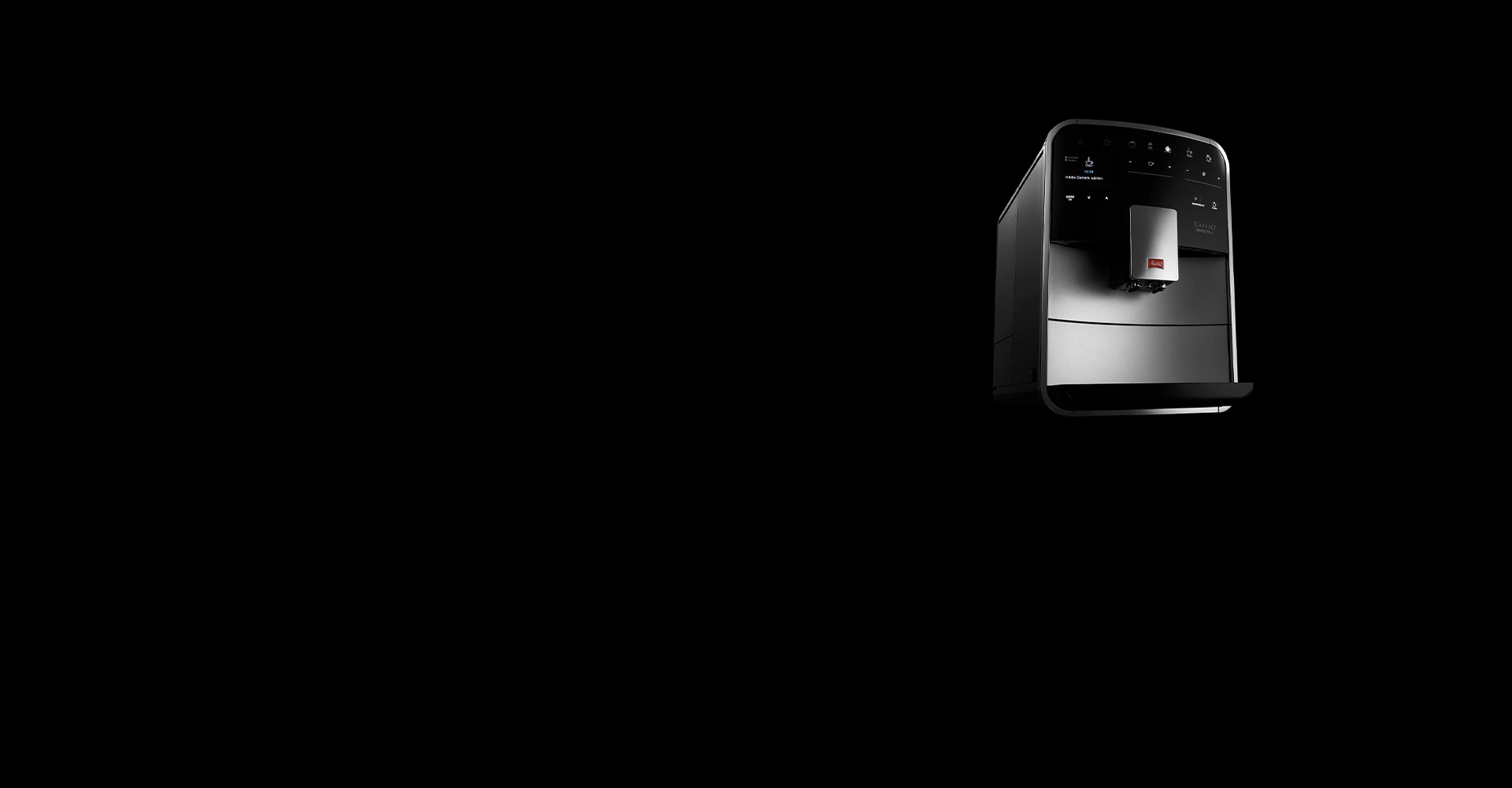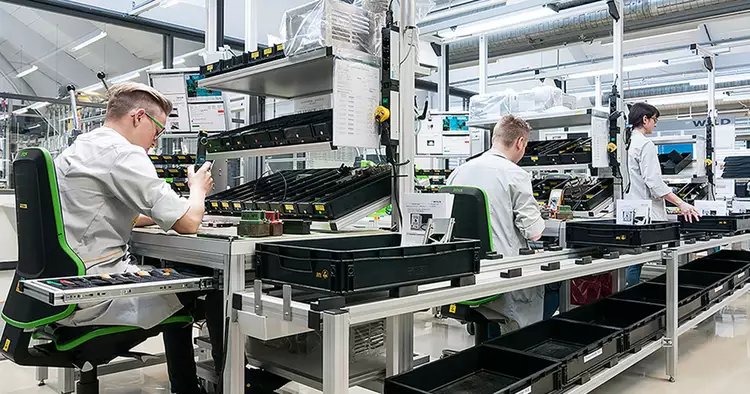Additional modules that are used by Melitta are Gage Management for the administration, monitoring and maintenance of gages, and Audit Management for planning and carrying out audits up to the assessment of the results. Also important is the FMEA module, with which potentials for errors can already be identified during the product development process. Added to this are Task and Action Management modules, with which quality-relevant tasks are planned, implemented, and tracked company-wide and across modules. Relevant data from the production process is captured and assessed using the In-production Inspection or Statistical Process Control (SPC) module.
The integration of the Chinese production site into the German system was a challenge for Melitta and Babtec. Two different worlds came together, and the connection to the Chinese ERP in particular proved quite challenging. This challenge could be met, however, thanks to the multi-language capability and open interfaces of the software. The system is installed on one server in Minden, which handles both locations as separate clients. The respective ERP and CRM systems are connected via interfaces.
The company today benefits from many advantages in their new quality management system. Following up complaints has become more rigorous, and manual work is avoided. Reports and analyses from the system specifically point out the slightest deviations in production. Thanks to uniform standards for quality inspection, all plants and employees now assess defects based on the same rules. Here, data from other systems such as ERP and Consumer Service are automatically integrated as well. Due to this transparency, Melitta can respond very quickly to quality defects and complaints.
This is an enormous improvement compared to the time when the employee responsible had to manually search through and update numerous spreadsheets for this same purpose. With the new solution, 19 billion coffee filters are produced per year with a very low complaint rate. If this rate should increase even only slightly, quality management can respond immediately so that there are no problems in the market.
In order to expand the system, Melitta recently introduced the web-based Babtec Qube platform. This means that suppliers can directly network with the producer’s CAQ system via the cloud. Downloads, local installations, or licenses are not necessary; a browser is sufficient. Suppliers can thus process complaints on their own and document their progress in real time. The complaint process is based on the 8D report, which is divided into eight clearly defined steps. Quality management is convinced that processing complaints via the cloud will catch on very quickly. It has never be easier to process complaints. Digitalization shortens the communication path, and interface maintenance as well as the exchange of countless e-mails are becoming superfluous.








Comments
No comments